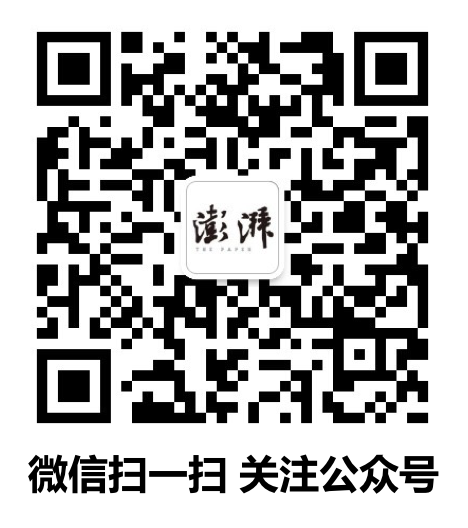- +1
訴訟文件中的“訴外”和“訴內”英文分別指的是什么?

兩者均用于指與訴訟案件相關的欺詐行為。
extrinsic fraud為“訴外欺詐”,其所指的行為與訴訟本身無直接關系,屬于一種外在性的欺詐行為,如對當事人提出假和解協議以誘惑其不訴諸法院或使其不參加聽審等,其同時還指就提交法院的非實質性問題進行欺詐以阻止法院進行全面公正聽證的行為;其也被稱為collateral fraud(間接欺詐)。
extrinsic fraud的英文釋義如下:
Extrinsic fraud is an act of deception or misrepresentation outside the event itself which deprives the victim of material information or participation.
intrinsic fraud則為“訴內欺詐”,指在法庭上使用假的或偽造的文件、假權利主張或偽造證據以欺騙事實審之裁決者,且導致得出對欺詐者有利的判決,此種欺詐行為會對訴訟本身導致直接影響。
intrinsic fraud的英文釋義如下:
Intrinsic fraud is not an affirmative misrepresentation, but instead occurs when a party during litigation has an opportunity to protect oneself from their adversary’s fraud and has unreasonably failed to do so.
以下為相關雙語示例,供參考:
In order to trigger the court’s revisory power on account of fraud under Rule 2-535(b), “a movant must show extrinsic fraud, not intrinsic fraud.” If extrinsic fraud is shown, a judgment is normally voidable, and a court’s analysis must “proceed to determine whether the appellees acted in good faith and with ordinary diligence in seeking to have the judgment vacated and whether they have a meritorious defense to the underlying judgment.”
根據規則2-535(b),為了觸發法院對欺詐的修改權,“訴求人必須證明存在訴外欺詐,而非訴內欺詐。”如果證明存在外部欺詐,判決通常是可撤銷的,同時法院的分析必須“繼續確定被上訴人在尋求撤銷判決時是否本著誠信和普通的勤勉行事,以及他們是否對基本判決進行了有價值的辯護”。
Another example of intrinsic fraud is when a party fails to disclose important evidence that could have affected the outcome of the case. If they had the opportunity to present the evidence but chose not to, they cannot later claim intrinsic fraud to challenge the judgment.
訴內欺詐的另一個例子是一方未能披露可能影響案件結果的重要證據。如果他們有機會提出證據,但選擇不提出,他們以后不能聲稱存在訴內欺詐來質疑判決。
轉載自:譯問 作者:旗渡法務中心
本文為澎湃號作者或機構在澎湃新聞上傳并發布,僅代表該作者或機構觀點,不代表澎湃新聞的觀點或立場,澎湃新聞僅提供信息發布平臺。申請澎湃號請用電腦訪問http://renzheng.thepaper.cn。





- 報料熱線: 021-962866
- 報料郵箱: news@thepaper.cn
互聯網新聞信息服務許可證:31120170006
增值電信業務經營許可證:滬B2-2017116
? 2014-2025 上海東方報業有限公司




